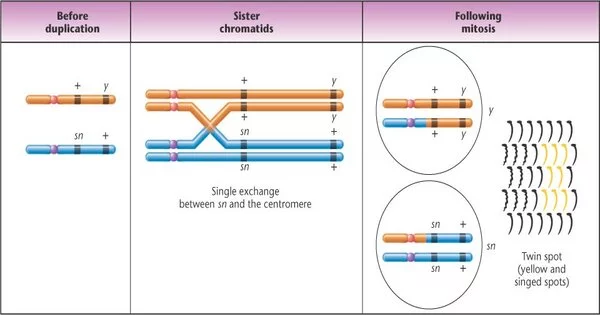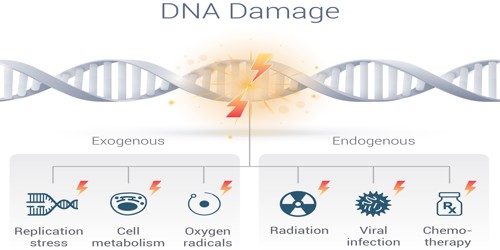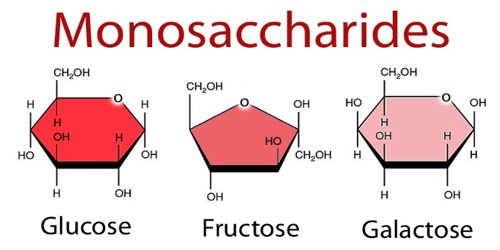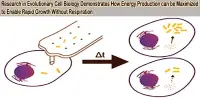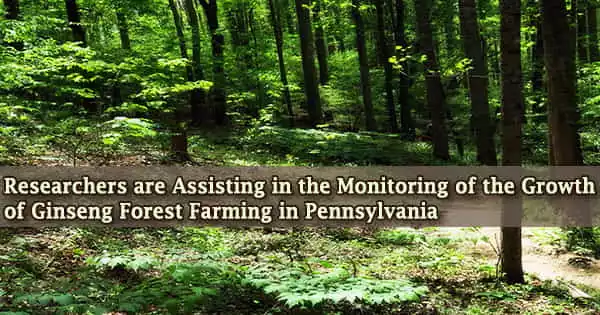Mitotic recombination occurs during mitosis and involves the exchange of genetic material between sister chromatids or homologous chromosomes within a single cell. It is a type of genetic recombination that can occur in both sexual and asexual organisms during the preparation of somatic cells for mitosis. This process can result in genetic mosaicism, or the presence of different genetic compositions in different cells within an organism. Mitotic recombination is one method for understanding genetic linkage in asexual organisms because it is the only source of recombination within an individual.
Furthermore, mitotic recombination can result in the expression of recessive alleles in a heterozygous person. The study of tumorigenesis and lethal recessive alleles will benefit greatly from this expression.
There are several mechanisms through which mitotic recombination can occur:
- Gene Conversion: One of the most common outcomes of mitotic recombination is gene conversion. During this process, genetic material from one chromatid is copied to the other, leading to a non-reciprocal exchange of genetic information.
- Crossing Over: Crossing over involves the physical exchange of chromosomal segments between homologous chromosomes. This process can result in the reciprocal exchange of genetic material and contributes to genetic diversity.
Following replication (but before cell division), mitotic homologous recombination occurs primarily between sister chromatids. Normally, inter-sister homologous recombination is genetically silent. Recombination between non-sister homologous chromatids is only about 1% of that between sister chromatids during mitosis.
Mitotic recombination is a type of genetic recombination that occurs during mitosis, which is the process by which a eukaryotic cell divides into two genetically identical daughter cells. The exchange of genetic material between homologous chromosomes is known as recombination, and it is essential for the generation of genetic diversity.
Mitotic recombination can have serious consequences for an organism. It has the potential to generate cells with novel genetic combinations, potentially contributing to genetic diversity within tissues. However, it has been linked to genetic diseases and cancer. For example, if a mitotic recombination event occurs in a region of the genome where one of the homologous chromosomes has a mutation, it can result in the loss of heterozygosity, potentially revealing a recessive mutation.
